BRC Payments Survey 2023: cost-of-living crisis sees return to cash, dominance of cards poses problems
UK retail sales rose 4.3% to £439.5 billion in 2022, although this was largely due to rising prices resulting from increased costs throughout the supply chain, according to research by the BRC. The number of transactions rose from 17.2 billion in 2021 (47.2 million per day) to 19.6 billion in 2022 (53.7 million per day).
Average transaction value fell from £24.49 to £22.43, as consumers shopped around more and made more regular, but smaller, purchases. This reverses a trend seen during the pandemic, towards less frequent, bigger, shopping trips – as people tried to avoid going out as often.
Cash usage grew for the first time in a decade, rising to 19% of all transactions (from 15% in 2021).
This reflects a choice by many households to use cash to budget more carefully during the onset of the cost-of-living-crisis, as well as a natural return to cash usage following the move to contactless during Covid.
Card payments were used for 76% of transactions (83% in 2021), with debit cards accounting for four-fifths of these transactions.
Cards accounted for the overwhelming proportion (85%) of money spent, with debit cards taking three-quarters of this spending. They are used more often than credit cards but for smaller value transactions. Meanwhile, cash increased to 11% of consumer spend (8% in 2021).
The BRC says that the increase in cash usage – both by spend and transaction numbers – is welcome.
Its members are committed to accepting cash payments, supporting vulnerable groups and those using notes and coins to budget. Government should ensure that cash acceptance is a viable option for merchants and customers across the whole ecosystem, it argues.
The dominance of card payments has come at a significant cost to retailers. Retailers spent £1.26 billion on card processing fees; this includes a 27% increase in scheme fees and a 7% increase in interchange fees (as percentages of turnover) in 2022.
Alternative payment methods saw a rise in popularity in 2022, from 2.0% to 4.9% of transactions. Methods such as Open Banking and buy now pay later (BNPL) are starting to offer some competition to card payments.
Hannah Regan, Payments Policy Advisor, British Retail Consortium, says: “We are now seeing a return to many of the pre-pandemic trends in payments, including smaller but more frequent purchases, and a slight return of cash payments. Unfortunately, what has not changed, is the ever increasing scale of fees paid by retailers in order to accept card payments.”
“Though alternative payment methods could provide much needed competition to the market, the dominance of card payments means it is essential that action is taken to prevent fees rising further.”




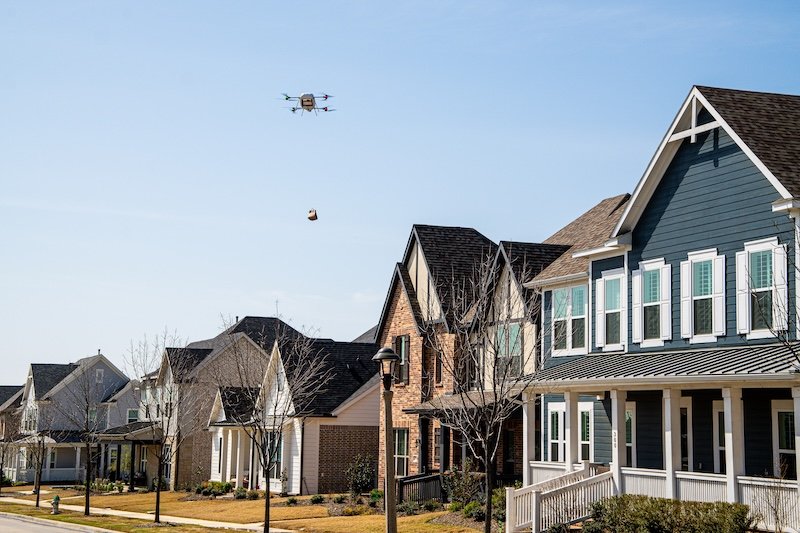



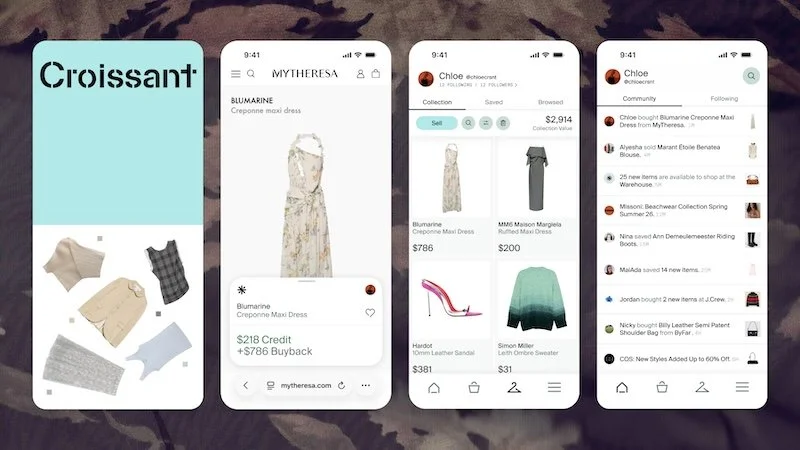


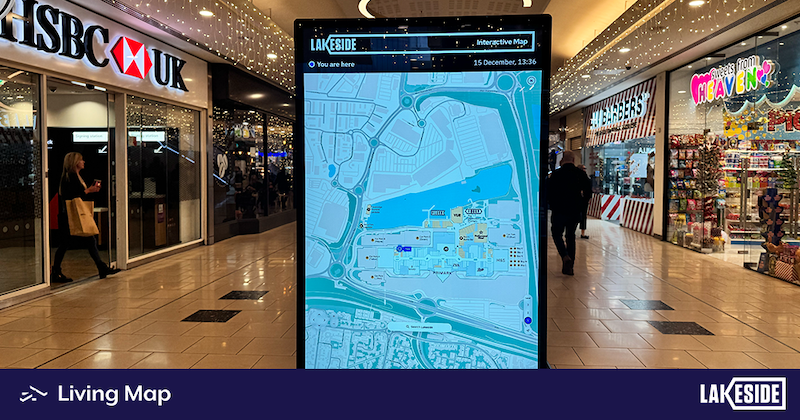
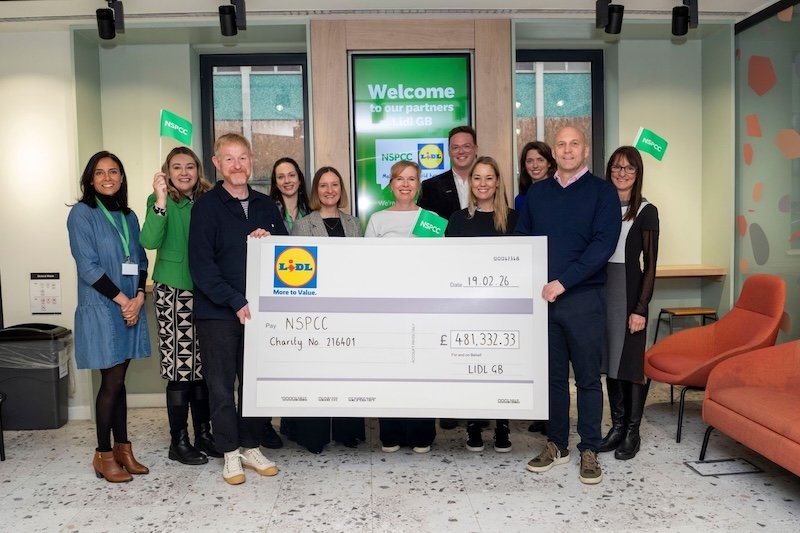
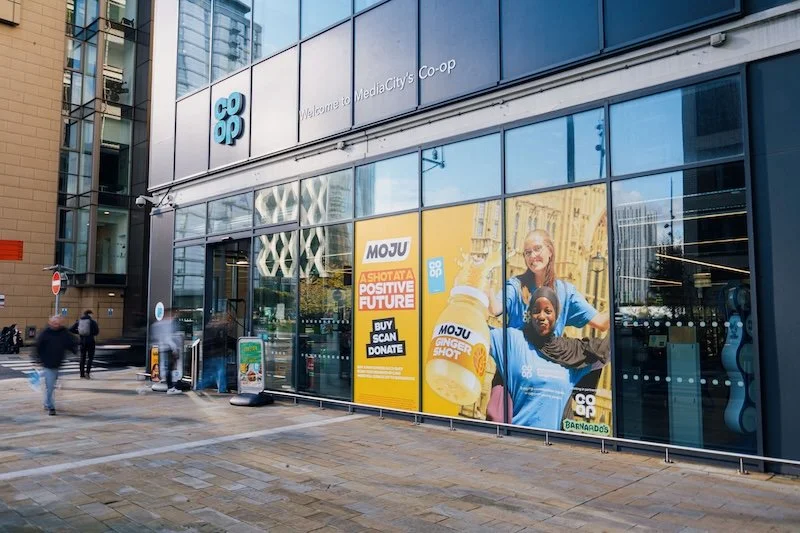
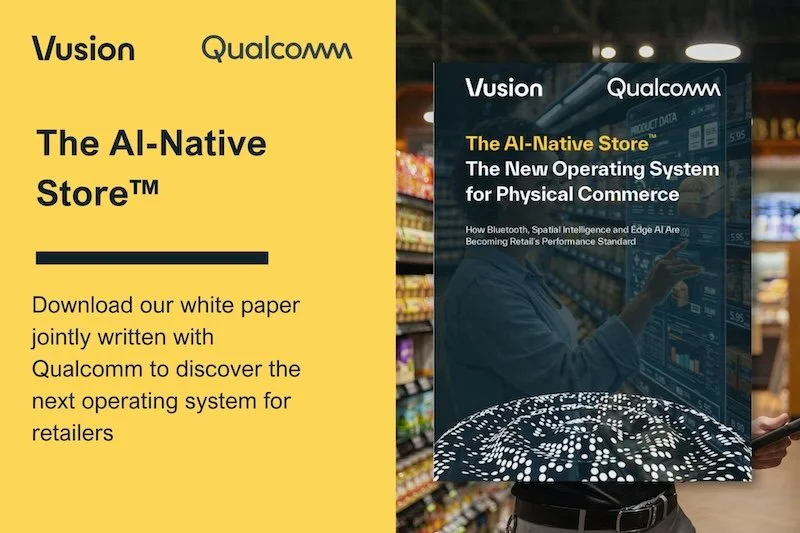
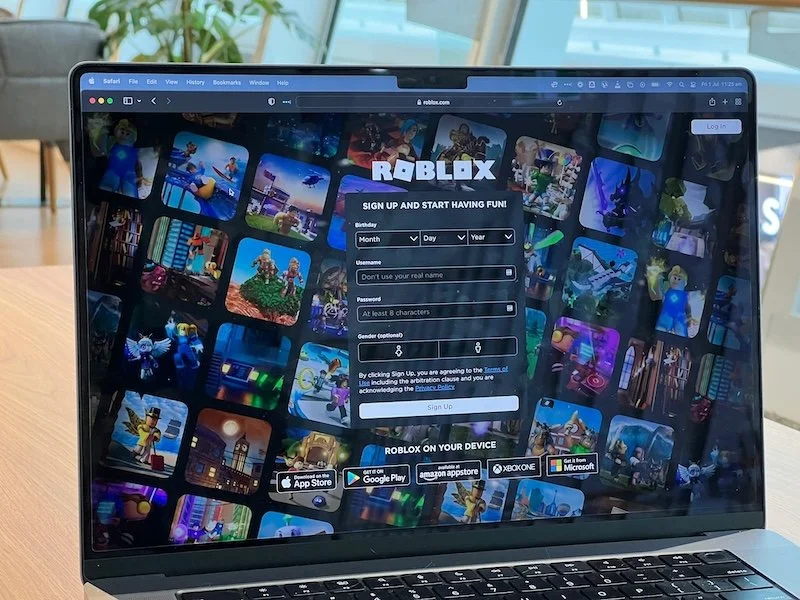
Continue reading…